2023

Tracking the Pact: Council for detention of families, against legal advice and sibling reunion
A discussion document circulated by the Spanish Presidency of the Council of the EU prior this week's crunch trilogues on new migration and asylum legislation sets out the Council's red lines: families with children should not automatically be excluded from border procedures, and thus may be detained; free legal advice should not be provided to asylum applicants; and siblings should not be considered as family members. The Council also wants to maintain "a menu of derogations as broad as possible."

All EU institutions want billions more for borders, but disagree on the details
At its meeting last week, the European Council – made up of the heads of state and government of EU member states – backed the European Commission’s proposal to boost the EU’s 2021-27 border budgets by €2 billion. This is not enough for the European Parliament, however, which would like to see the budgets increased by €3 billion. Meanwhile, all three institutions have different positions on the proposed increase for development aid, which includes funding for externalised migration control.

EU: Hamas ban plan sparks concerns of crackdown on pro-Palestinian action
A Franco-German-Italian plan setting out proposals to counter the activities of Hamas at both EU and global level has raised concerns that governments may use it as a justification for further attacks on pro-Palestinian protest and campaigning. The document outlines strategies ranging from restricting resources to banning support networks.

Expansive new police powers hidden behind EU’s migrant smuggling proposals
At the end of November, the European Commission announced two new laws to fight migrant smuggling. One seeks to make the legal framework more punitive. The other aims “to reinforce Europol’s role in the fight against migrant smuggling and trafficking in human beings,” but would in fact expand Europol’s powers in relation to all crimes for which it has competence, and let the agency conduct “non-coercive investigative measures” during joint operations with national police forces. Its staff are currently prohibited from conducting any kind of investigative measure.

Tracking the Pact: Human rights disaster in the works as Parliament makes "significant concessions" to Council
Negotiations are close to an end on the new laws that make up the EU's Pact on Migration and Asylum, and the Council - which has consistently favoured rules that will downgrade human rights protections - appears to have largely got its way, according a document circulated by the Spanish Council Presidency yesterday. Amongst other things, the document openly admits that the Council is planning to sideline Parliament's concerns over "potential discrimination based on race."

UN travel surveillance system needs “pause and urgent review”, says Special Rapporteur
A UN Special Rapporteur has called for a pause to the roll-out of an UN-sponsored travel surveillance system, and for an urgent review to be initiated. The international exchange of travellers’ information amongst police and border forces is on the rise but access to remedies remains limited, leaving gaps in the protection of individual rights. Azerbaijan, a state that imprisons political opponents and that has been accused of committing genocide, is one of dozens of countries that have received UN assistance.

Europe’s (digital) borders must fall: End the expansion of the EU’s EURODAC database
110 civil society organisations, including Statewatch, are calling for an end to the expansion of EURODAC, the EU database for the registration of asylum-seekers. EURODAC, designed to collect and store migrants’ data, is being transformed into an expansive, violent surveillance tool that will treat people seeking protection as crime suspects. This will include children as young as 6 whose fingerprints and facial images will be integrated into the database.

Germany: Legal change could criminalise sea rescue and humanitarian assistance
A planned amendment to the Residence Act in Germany has prompted more than 50 organisations to raise concerns about the potential criminalisation of sea rescue and humanitarian assistance. The proposed changes to Section 96 of the Residence Act, under the "Return Improvement Act," could result in non-profit organisations that support people on the move in border areas facing criminal prosecution.
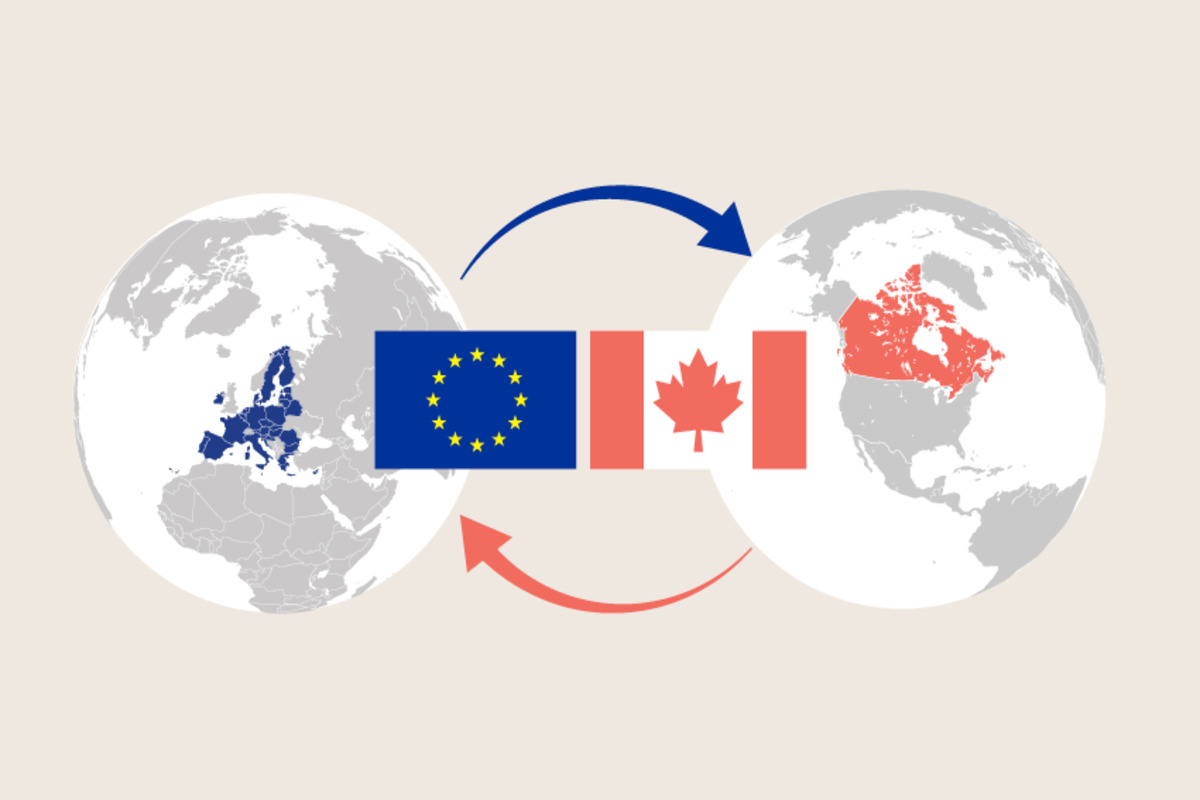
European Parliament sidelined in adoption of new travel surveillance agreement with Canada
Six years ago, the Court of Justice struck down the EU's PNR agreement with Canada due to its lack of safeguards on data protection, non-discrimination and effective remedy for individuals. In 2019, a new draft agreement was shared by the Commission with the European Parliament, but no further amended version was communicated until yesterday, on the day negotiations are supposed to be finalised.

Videoconference identification part of push to digitalize EU deportation procedures
Non-EU states should agree to the use of videoconferences to confirm the identity of individuals facing deportation proceedings in EU member states, says an internal European Commission report obtained by Statewatch. This is one of several initiatives being pushed as part of the drive to increase deportations from the EU, alongside digital information exchange platforms and sanctions on visa issuance for nationals of states deemed to be insufficiently cooperative with removals from the EU.
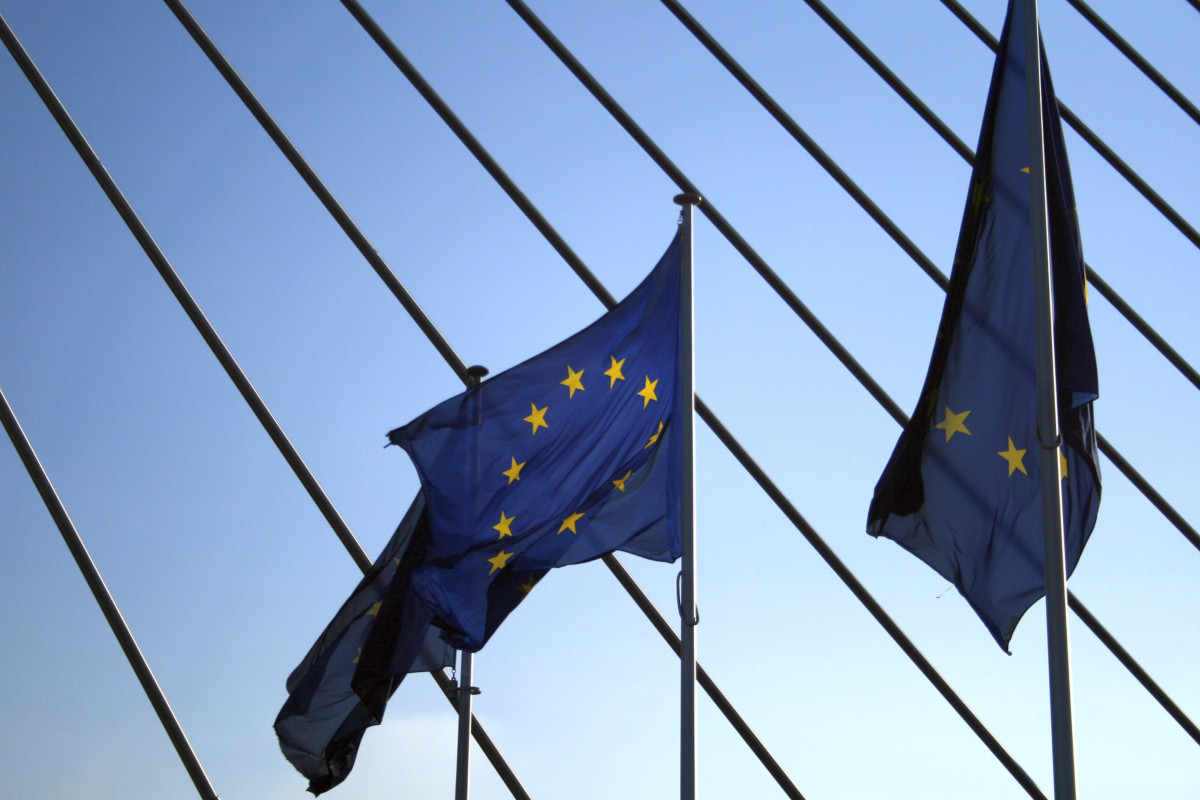
Deportations: "European return decision" in the works
The Spanish Council Presidency wants the EU to start designing legislation for a "European return decision," to ensure harmonised deportations procedures and practices across the bloc, and increase the number of third-country nationals removed from EU territory.
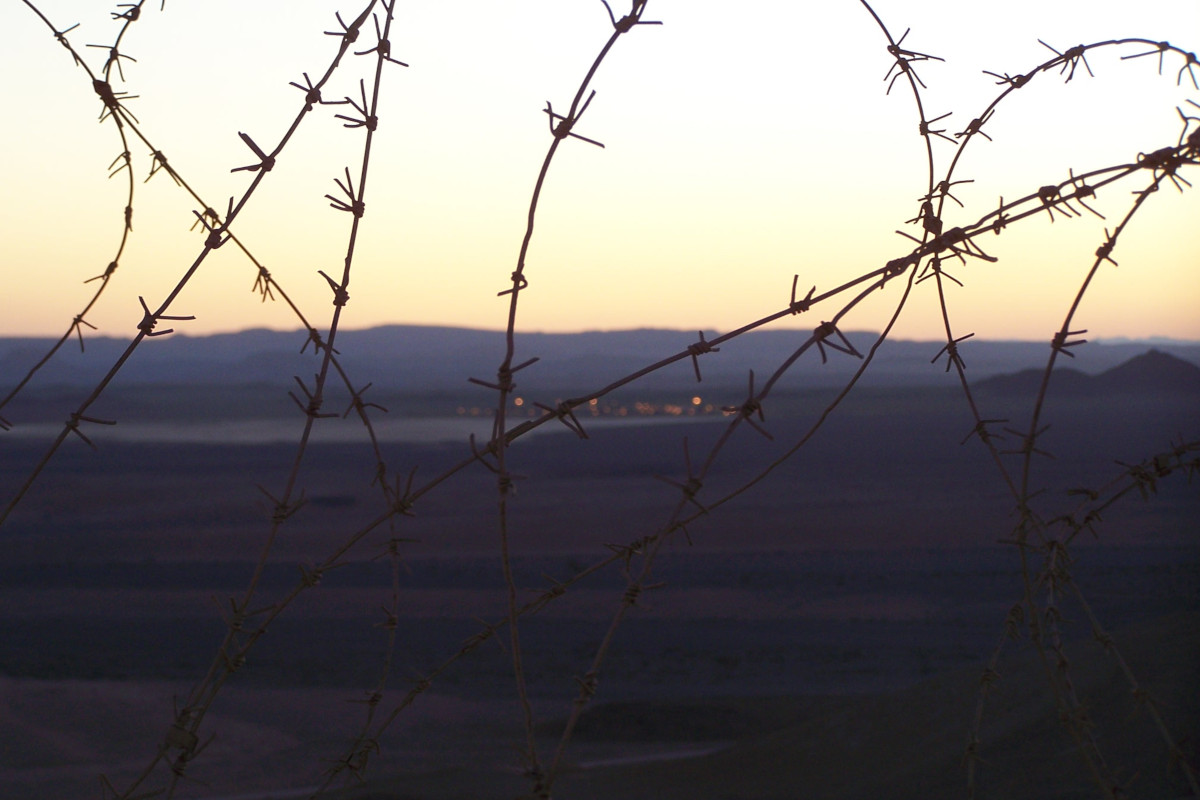
EU planning new anti-migration deals with Egypt and Tunisia, unrepentant in support for Libya
The European Commission wants to agree “new anti-smuggling operational partnerships” with Tunisia and Egypt before the end of the year, despite longstanding reports of abuse against migrants and refugees in Egypt and recent racist violence endorsed by the Tunisian state. Material and financial support is already being stepped up to the two North African countries, along with support for Libya.

USA seeks bilateral deals for access to European “criminal, terrorist, and identity records”
The USA’s proposed Enhanced Border Security Partnerships would entail “systematic and continuous” exchanges of sensitive personal data between participating states. The European Commission has indicated that its working group with the USA has stopped operating, and that plans are instead being negotiated bilaterally between member states and the USA.
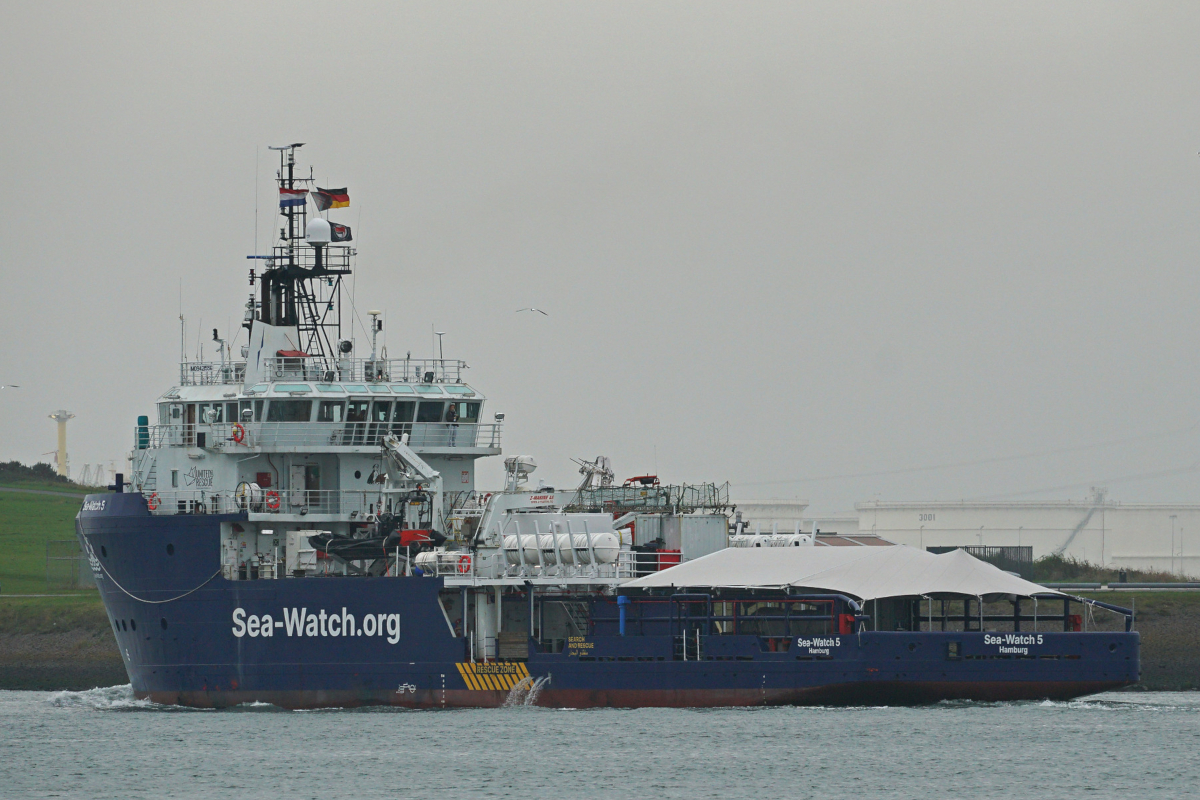
EU mulls intelligence-gathering obligations for search and rescue operations
Draft European Commission proposals would impose intelligence-gathering requirements on any ships that engage in search and rescue (SAR) operations at sea, in the name of "addressing the needs of those onboard as well as facilitating a smooth disembarkation and first reception". An employee of a search and rescue organisation has warned that "civil assets used in sea rescue operations should not be tasked with any law enforcement duty."

Campaign celebrates success as three English universities divest from the border industry
Three English universities have divested from companies profiting from border violence in a major win for the Divest Borders campaign. However, over £300 million of university endowments still remain invested in the border industry.

UK participation in “unnecessary” police facial recognition system needs “open, thorough, democratic debate”
MPs must ensure thorough scrutiny and a meaningful democratic debate on potential UK participation in a pan-European police facial recognition system that is unnecessary, disproportionate and undesirable, says a statement coordinated by Statewatch and signed by 13 other civil society organisations.
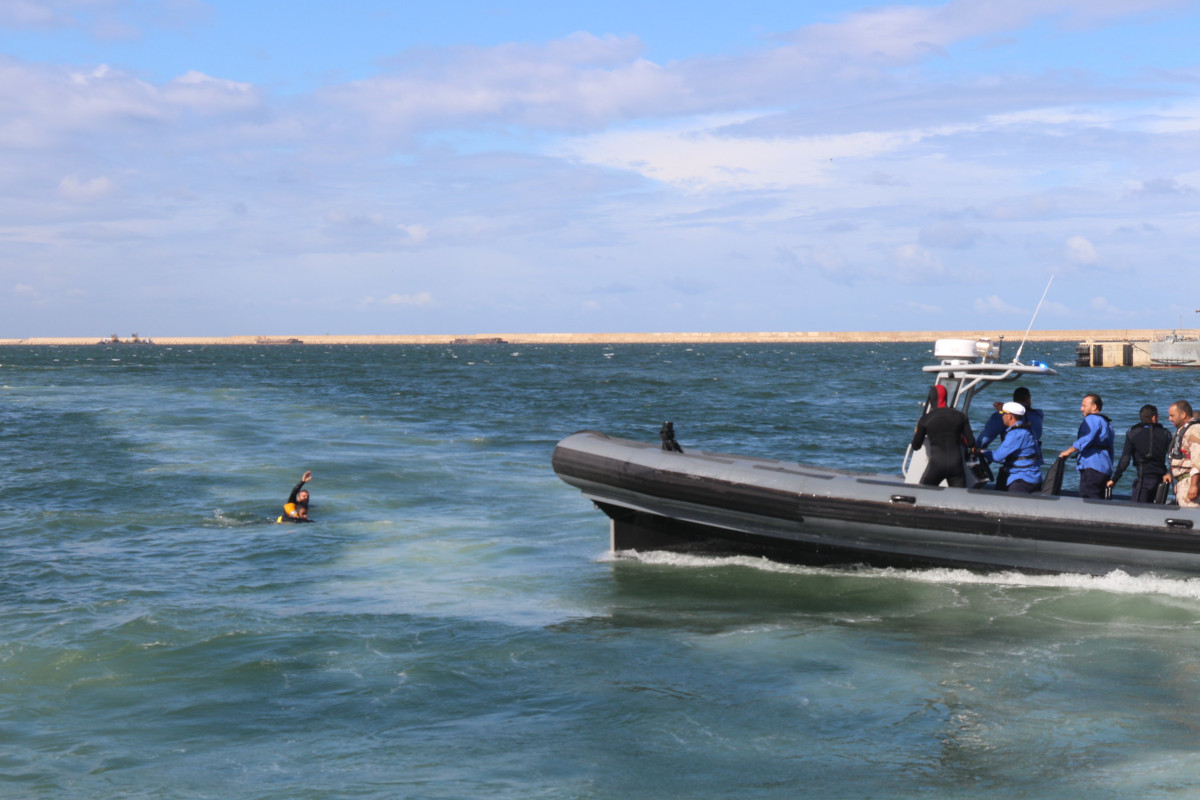
EU to step up support for human rights abuses in North Africa
In a letter to the European Council trumpeting the EU’s efforts to control migration, European Commission president Ursula von der Leyen highlighted the provision of vessels and support to coast guards in Libya and Tunisia, where refugee and migrant rights are routinely violated.

EU: More surveillance, funding and operational cooperation to fight migrant smuggling
A Spanish presidency note to member state representatives in the Council identifies cross-border organised crime as a key threat to the correct functioning of the Schengen area, calling for additional impetus in 2023-2024 to fight “cross-border, serious and organised crime”. Crimes involving smuggling and exploitation (including of children, trafficking, sexual exploitation) are deemed challenges for external border management and the Schengen area.

Database delays: new timetable for interoperable EU policing and migration systems by 2027
EU interior ministers have agreed another revised timeline for the plan to make all justice and home affairs databases "interoperable", with the aim now to have the systems up and running by 2027. Mandatory biometric border checks may now be introduced progressively, in the hope of limiting delays at border crossing points.
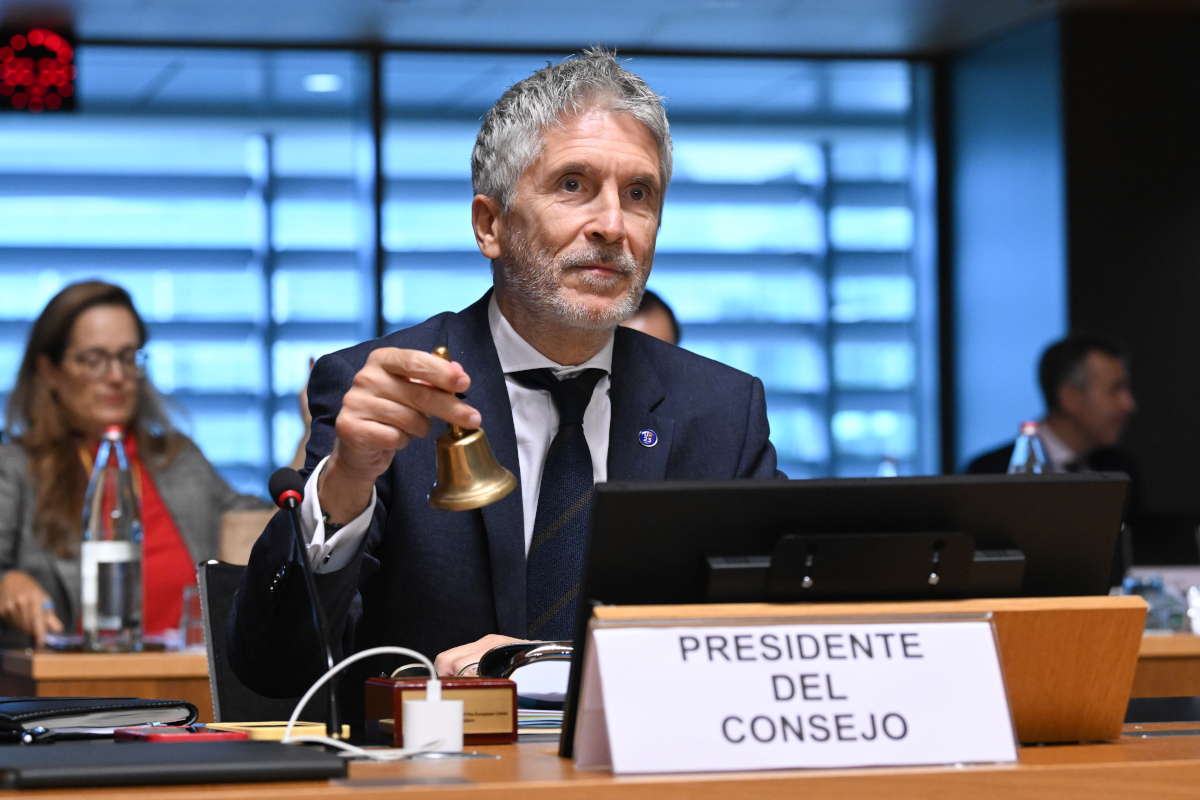
Spanish Presidency: more funds needed for border externalisation if EU is to stay "credible vis-à-vis key third countries"
Externalisation of migration control is back on the agenda of the Justice and Home Affairs Council today. The Spanish Presidency's recent proposal for a "preventive" approach is to be debated further, with discussion focusing on ways to "optimise" the EU's current "toolbox" for externalisating migration controls and how to ensure "robust, efficient and coordinated financial support," including direct funding to third countries so that the EU can remain "credible".
Spotted an error? If you've spotted a problem with this page, just click once to let us know.